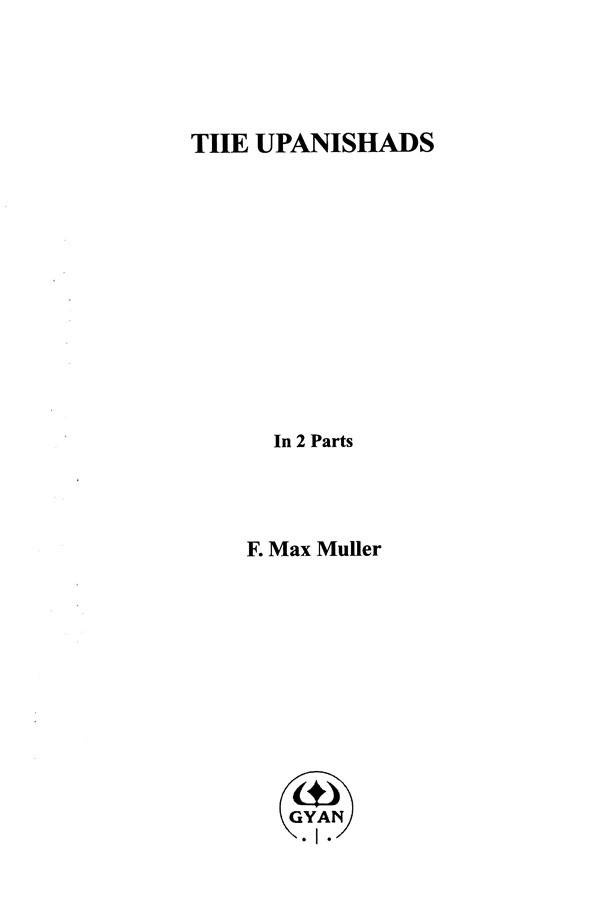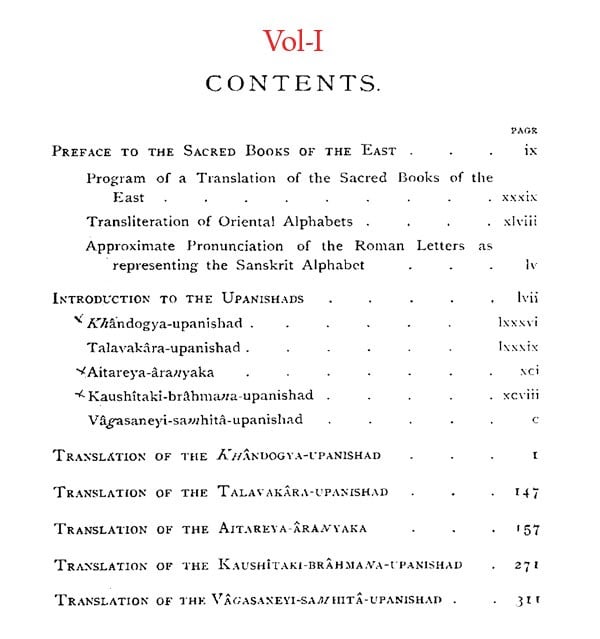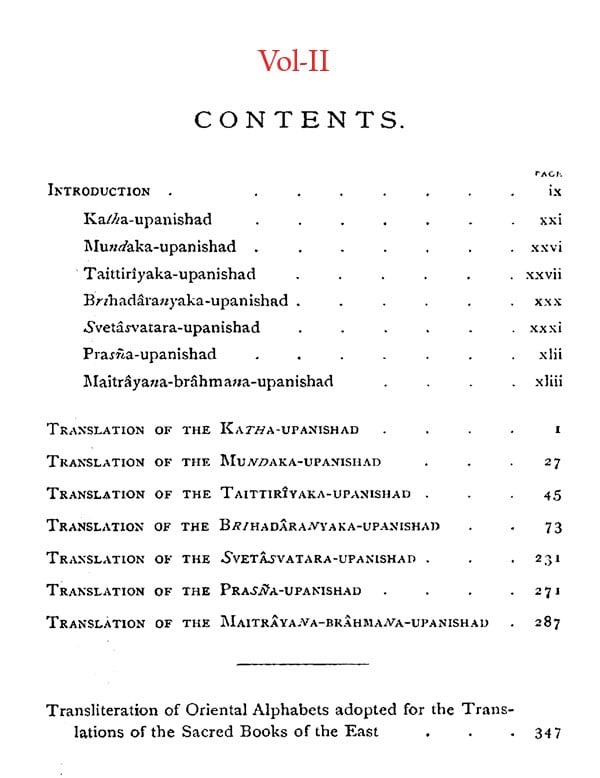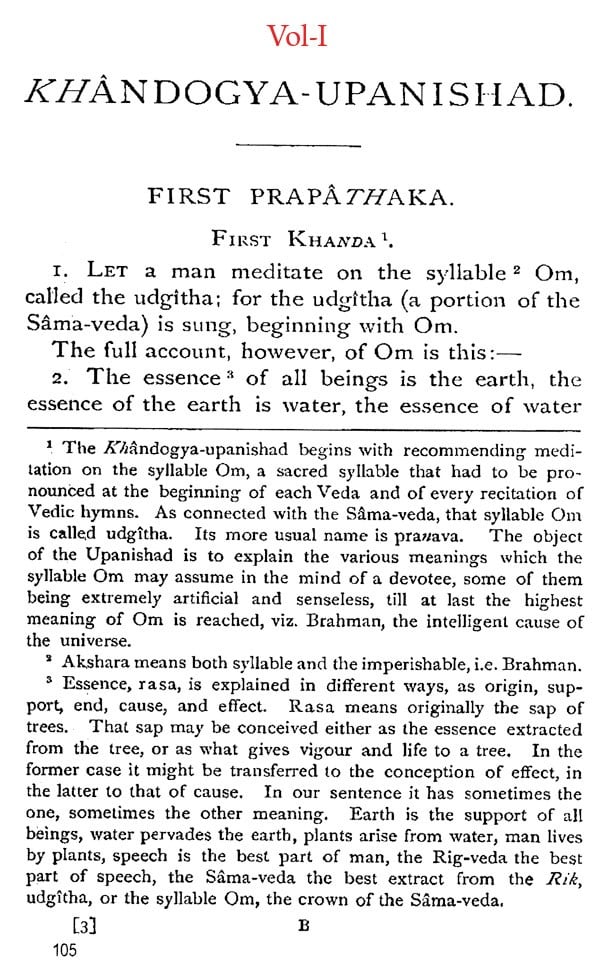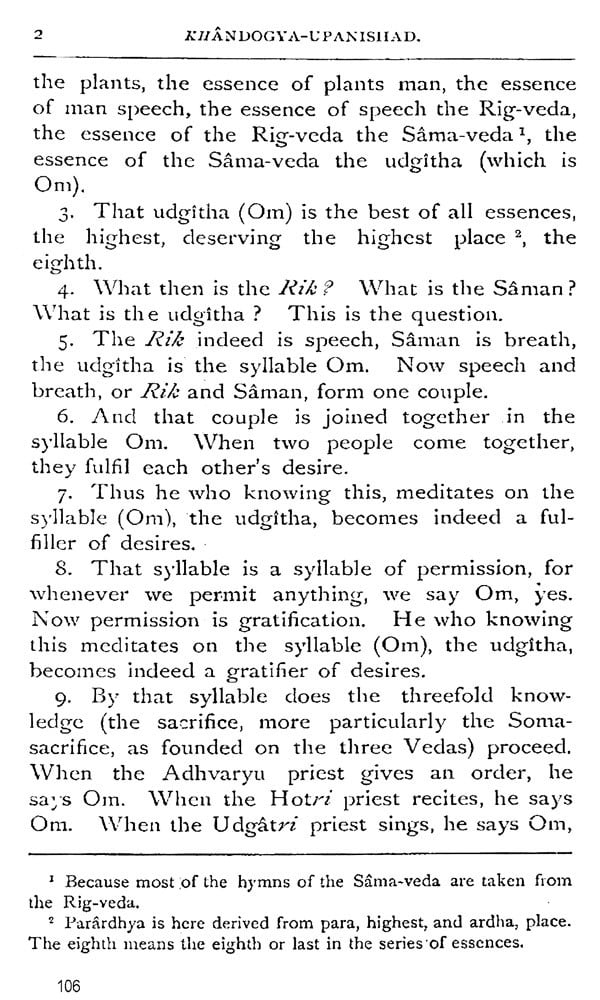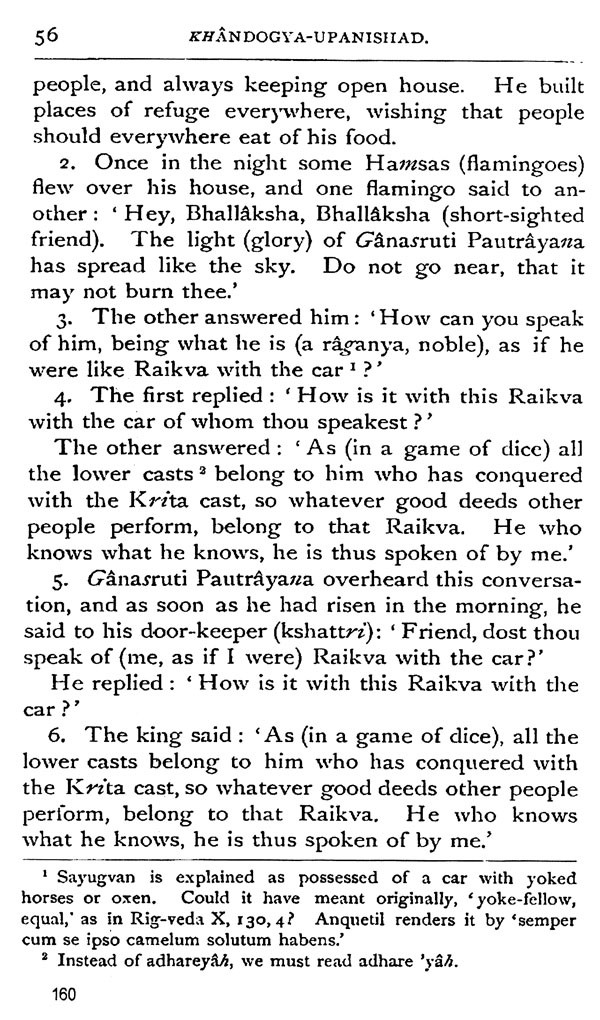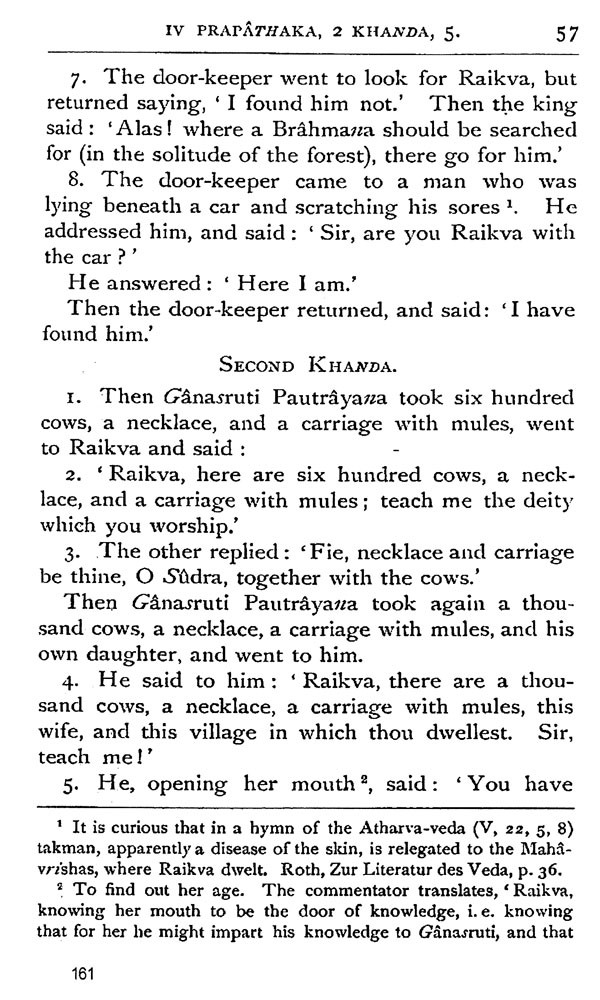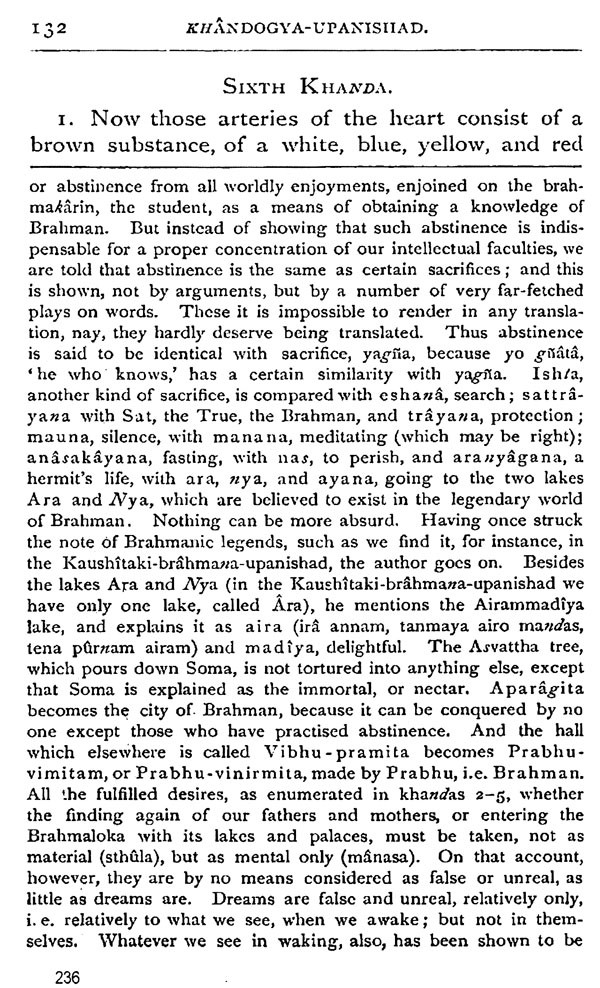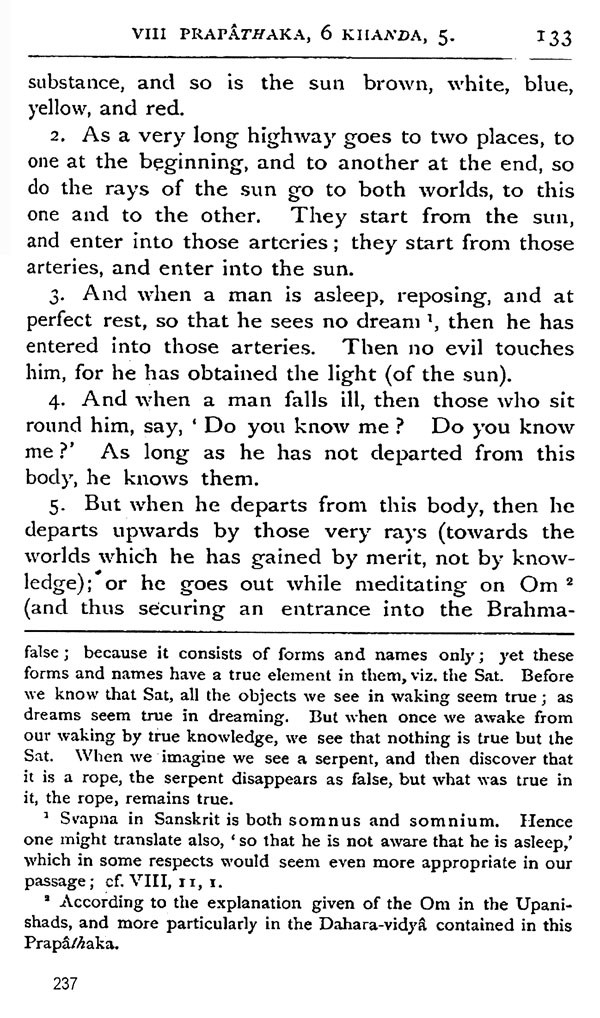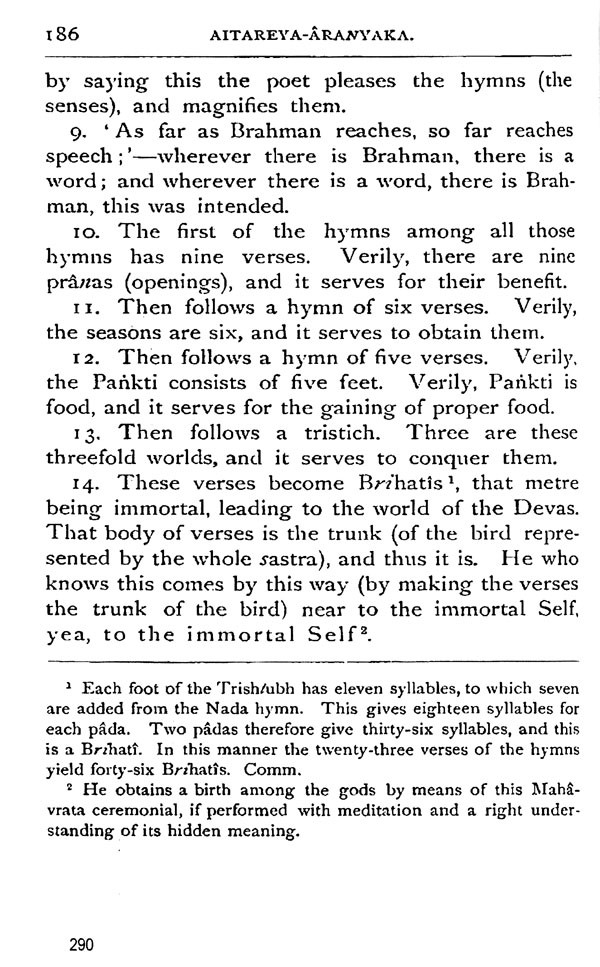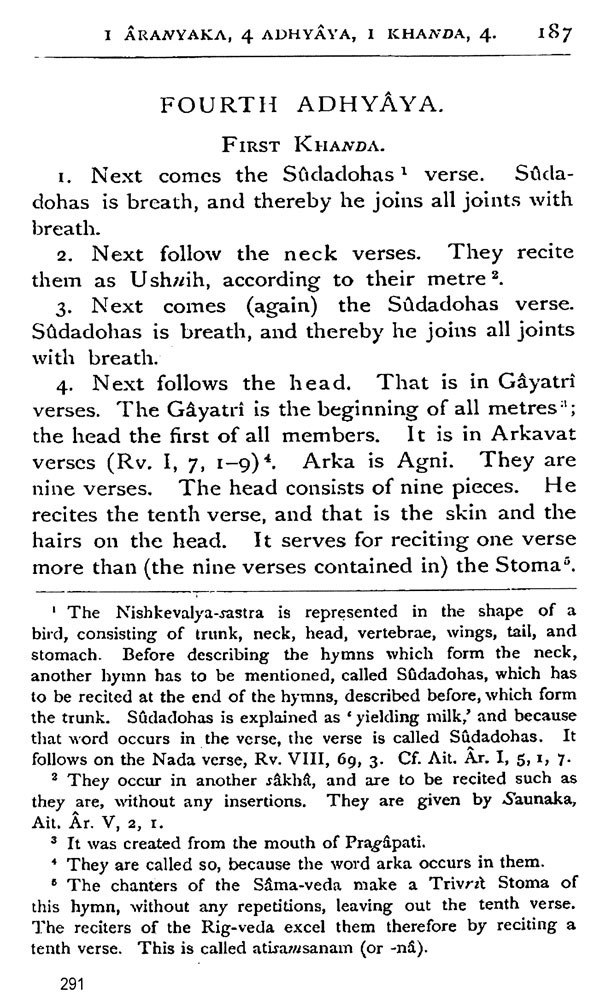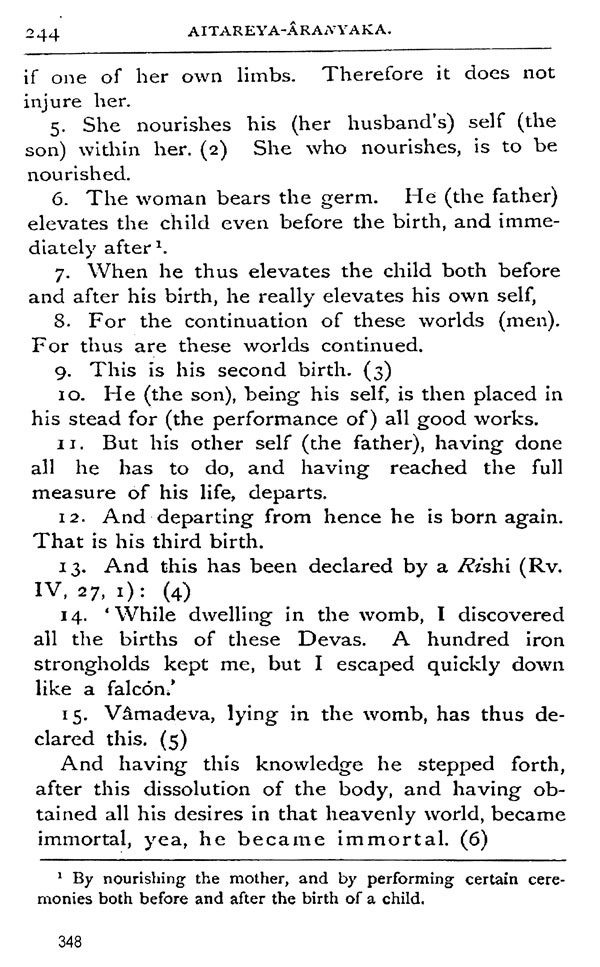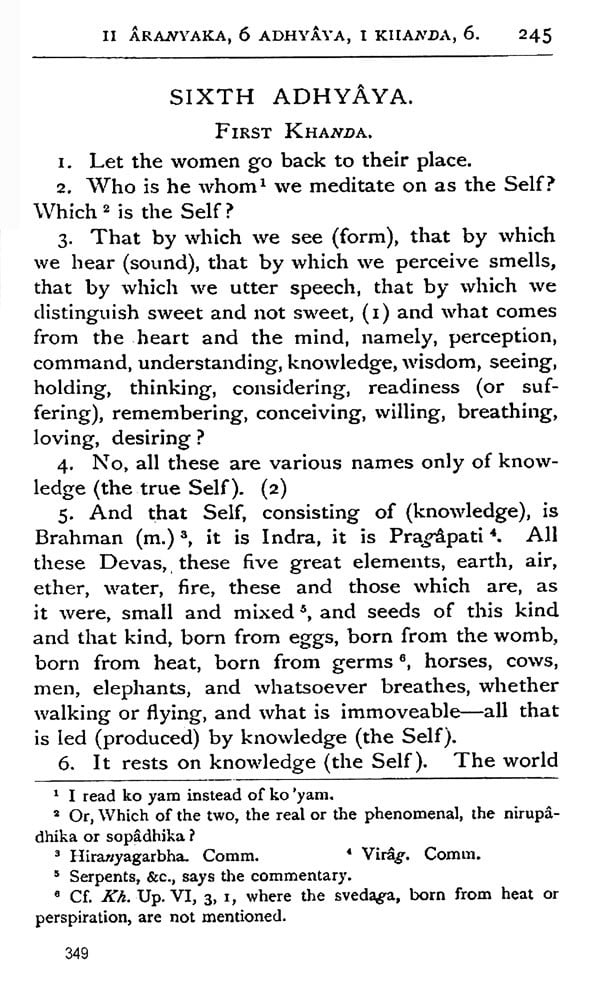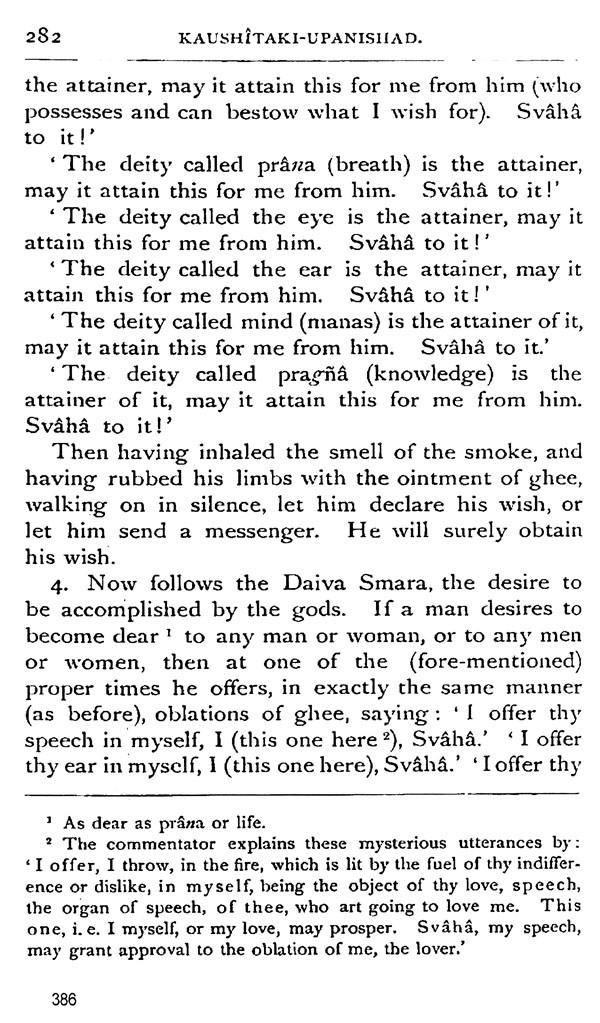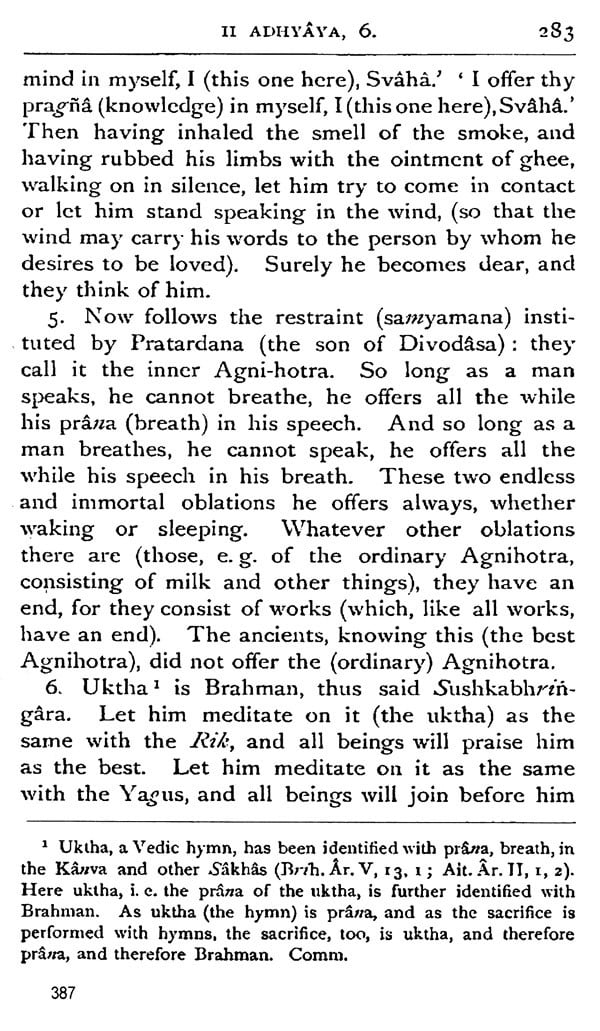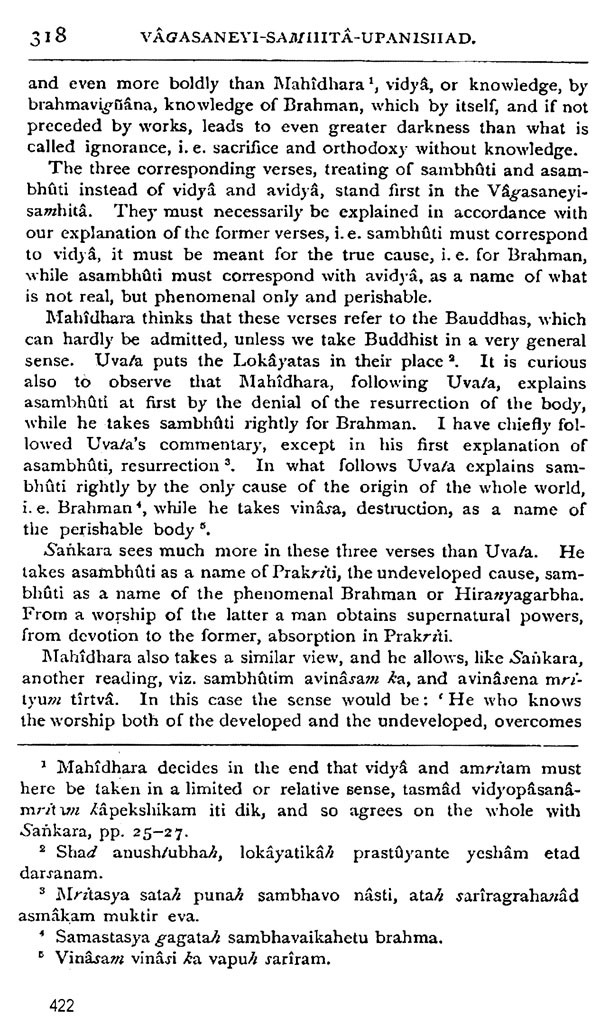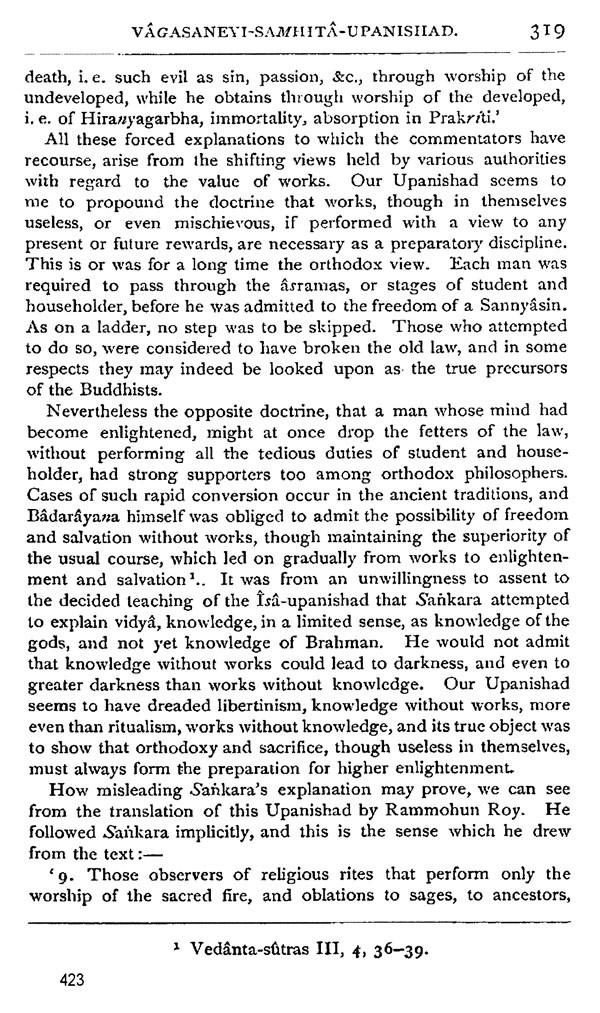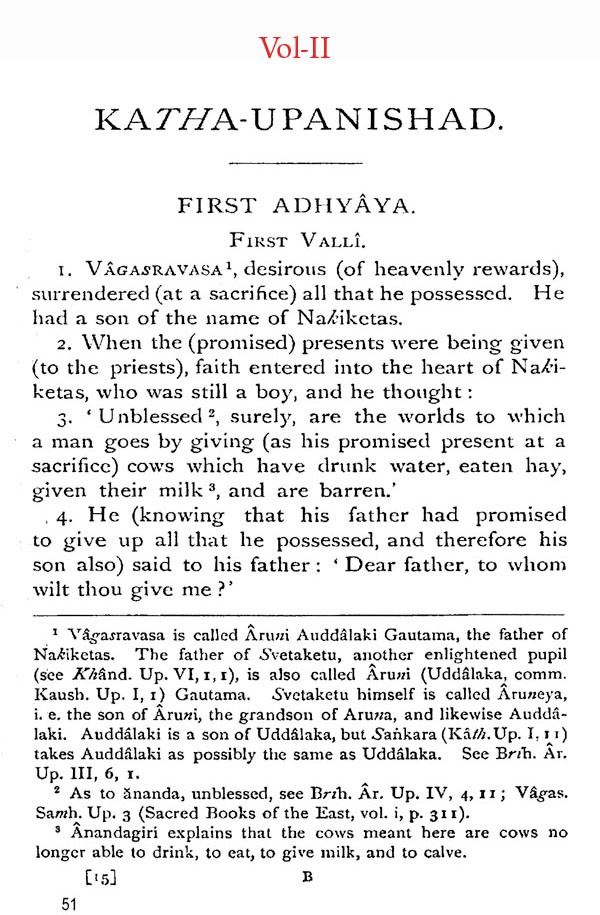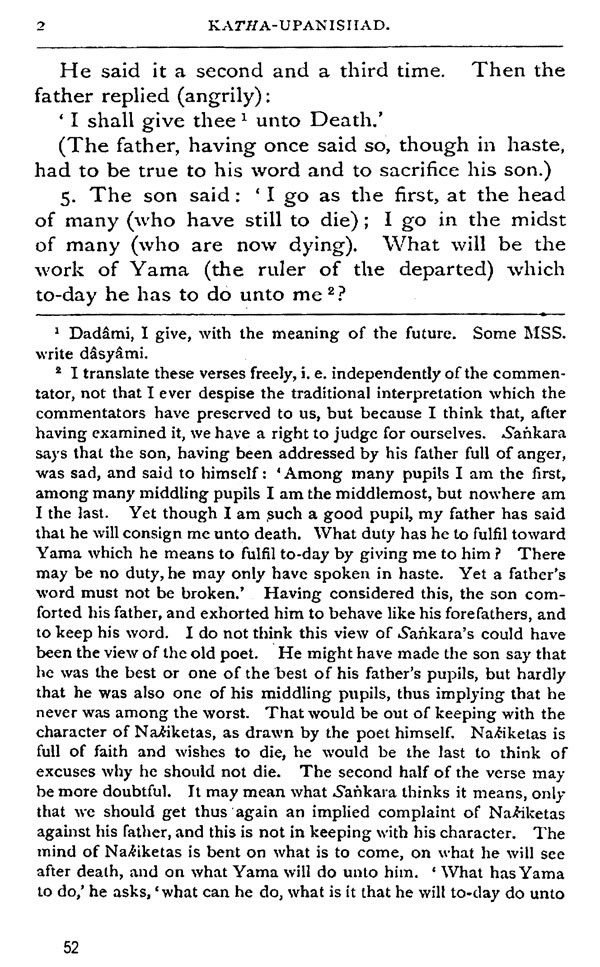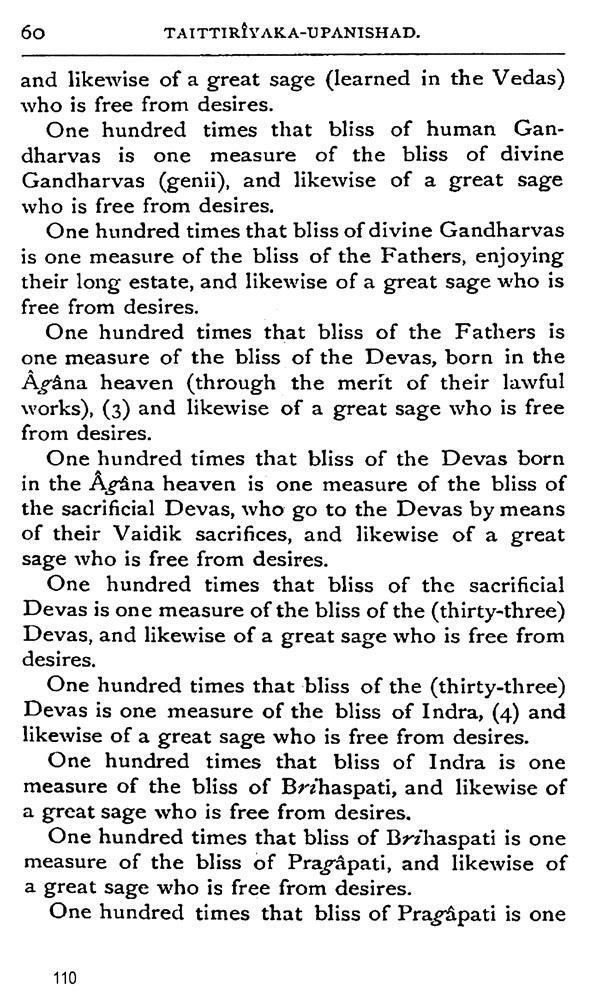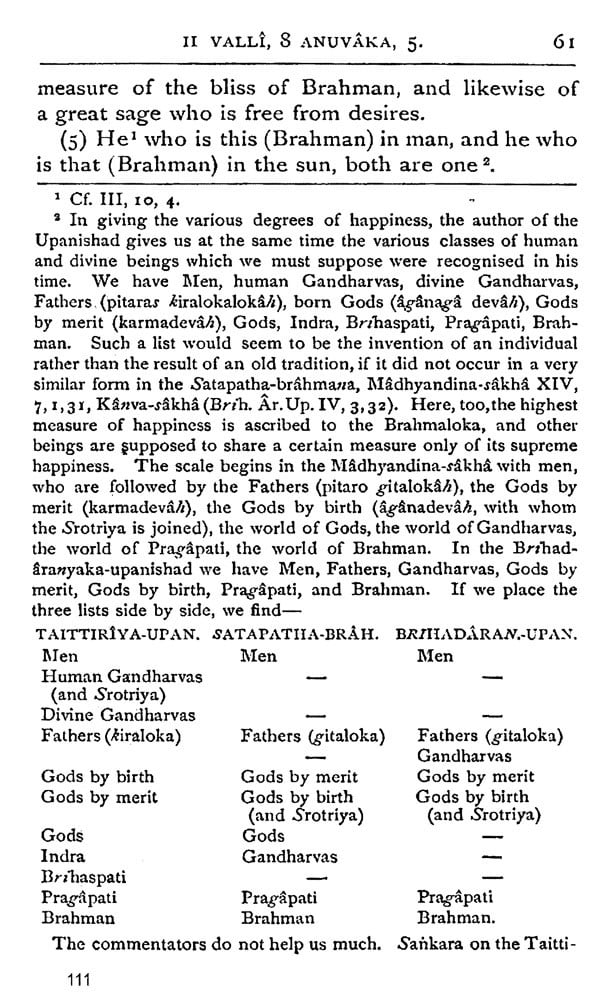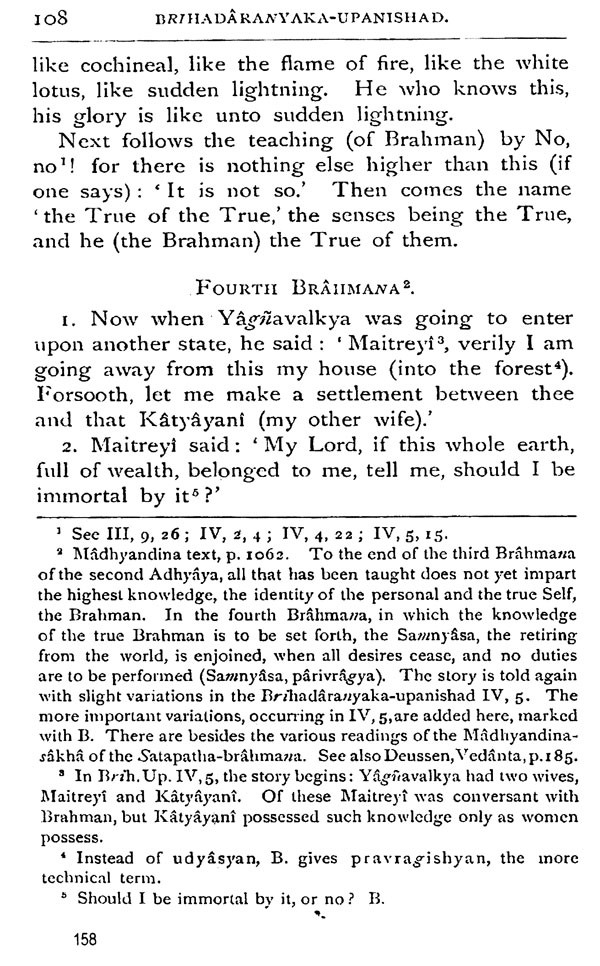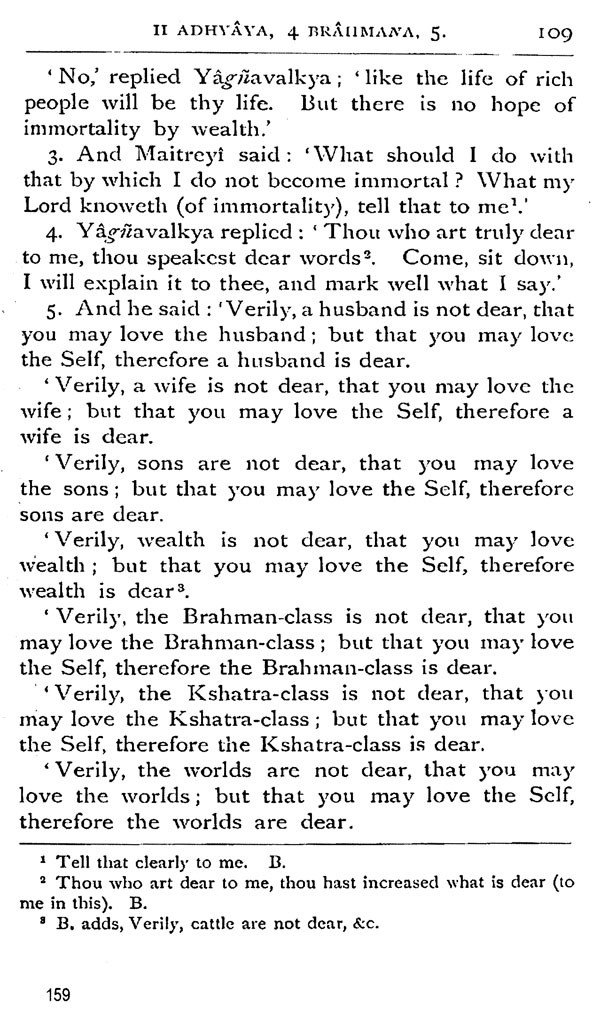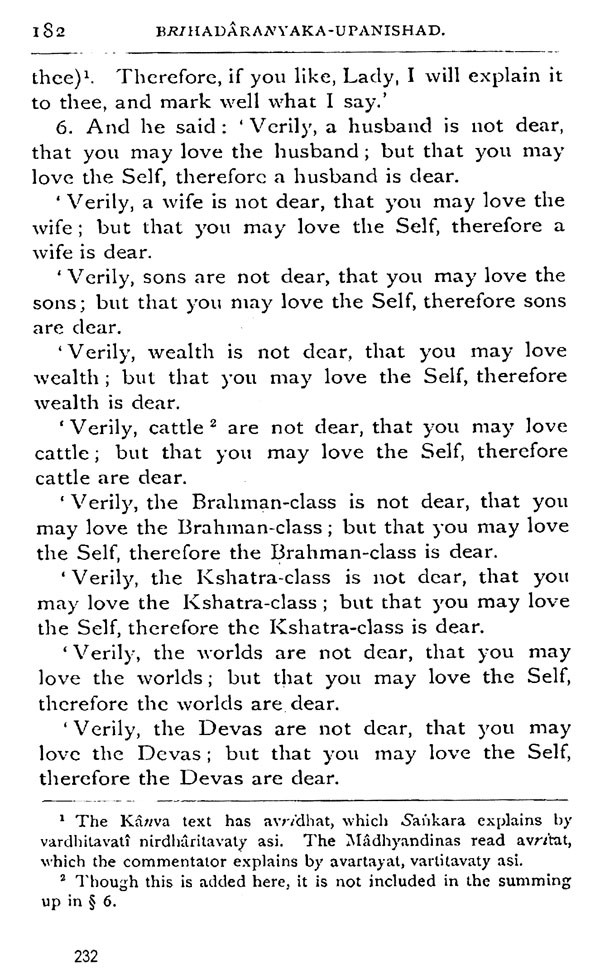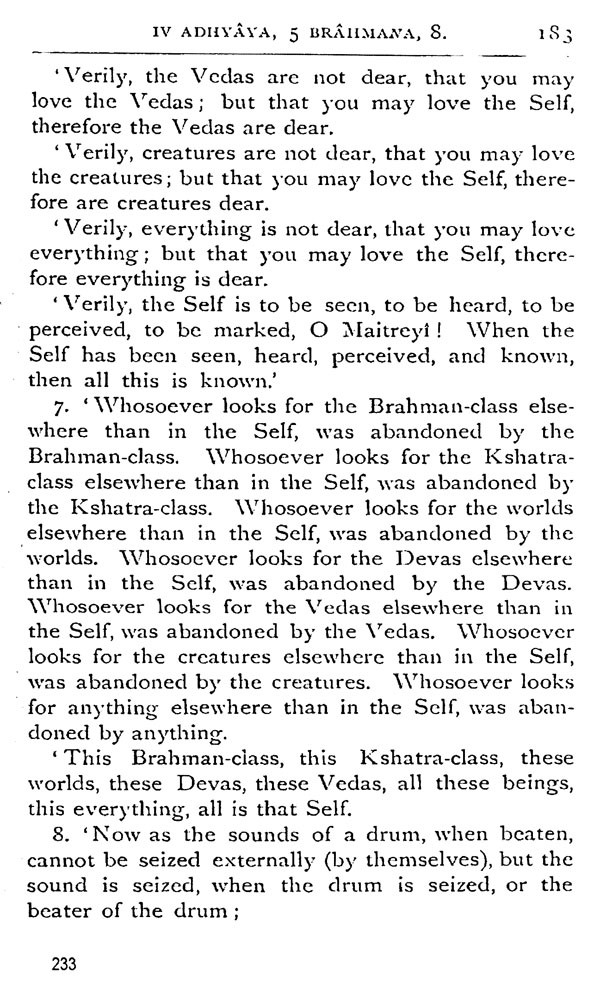Preface I MUST begin this series of translations of the Sacred Books of the East with three cautions:- the first, referring to the character of the original texts here translated; the second, with regard to the difficulties in making a proper use of translations; the third, showing what is possible and what is impossible in rendering ancient thought into modern speech.
Readers who have been led to believe that the Vedas of the ancient Brahmans, the Avesta of the Zoroastrians, the Tripitaka of the Buddhists, the Kings of Confucius, or the Koran of Mohammed are books full of primeval wisdom and religious enthusiasm, or at least of sound and simple moral teaching, will be disappointed on consulting these volumes. Looking at many of the books that have lately been published on the religions of the ancient world, I do not wonder that such a belief should have been raised; but I have long felt that it was high time to dispel such illusions, and to place the study of the ancient religions of the world on a more real and sound, on a more truly historical basis.
Introduction THE ancient Vedic literature, the foundation of the whole literature of India, which has been handed down in that country in an unbroken succession from the earliest times within the recollection of man to the present day, became known for the first time beyond the frontiers of India through the Upanishads. The Upanishads were translated from Sanskrit into Persian by, or, it may be, for Dârâ Shukoh, the eldest son of Shah Jehân, an enlightened prince, who openly professed the liberal religious tents of the great Emperor Akbar, and even wrote a book intended to reconcile the religious doctrines of Hindus and Mohammedans. He seems first to have heard of the Upanishads during his stay in Kashmir in 1640. He afterwards invited several Pandits from Benares to Delhi, who were to assist him in the work of translation. The translation was finished in 1657. Three years after the accomplishment of this work, in 1659, the prince was put to death by his brother Aurangzib¹, in reality, no doubt, because he was the eldest son and legitimate successor of Shah Jehân, but under the pretext that he was an infidel, and dangerous to the established religion of the empire.
**Contents and Sample Pages**
